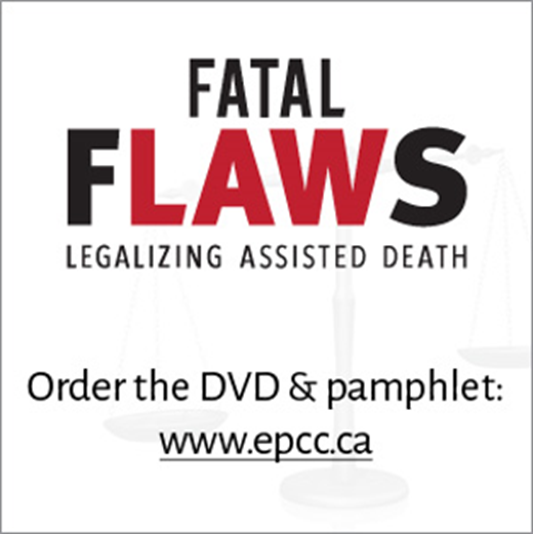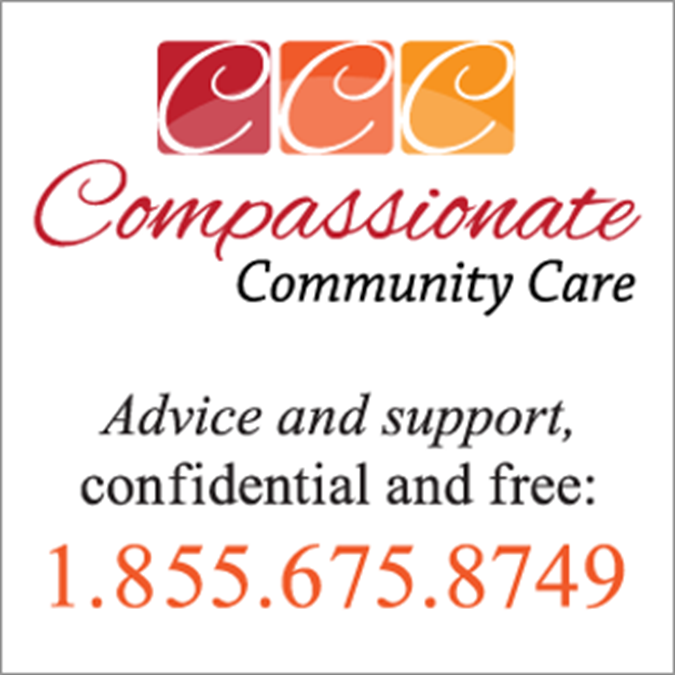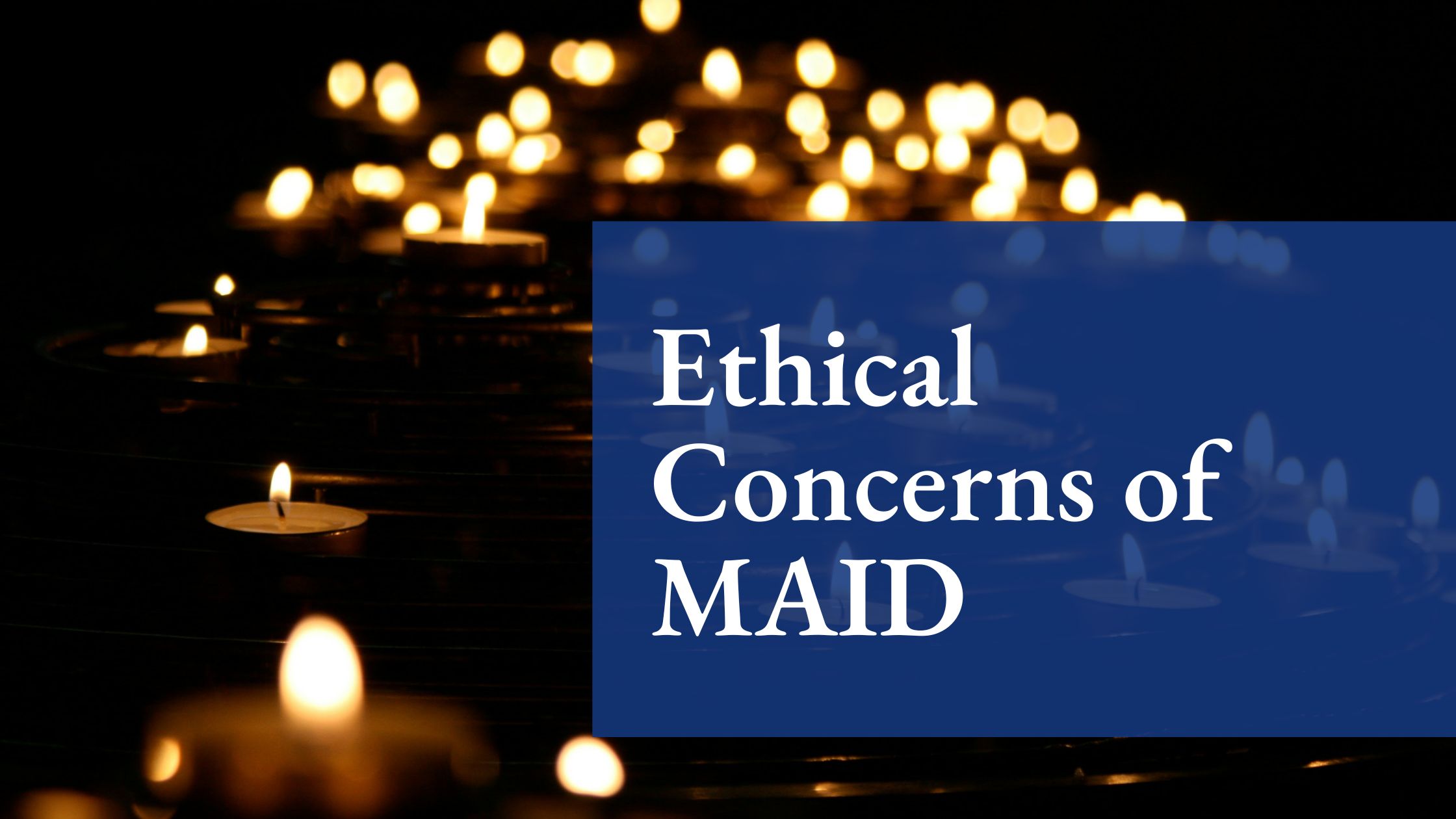In the ongoing debate surrounding euthanasia and assisted suicide in Canada, the Catholic Bishops of Canada express their opposition to Bill C-7. This legislation, which expands the scope of medical assistance in dying (MAID), raises significant ethical concerns and disregards the need for a comprehensive review of provisions. This article explores the Bishops’ concerns, the questionable consultation process, and the urgent call to reconsider Bill C-7 in light of its potential impact on the dignity of human life.
The Questionable Consultation Process
Bill C-7’s foundation is built upon an online consultation held over a brief two-week period in January 2020. The Bishops of Canada denounce this process as questionable, biased, and rushed. The government’s own report acknowledges receiving “thousands” of form responses opposed to MAID, raising doubts about the legitimacy of the consultation. A democratic country, it is argued, should conduct a more extensive, objective, and fair consultation before enacting such profound changes.
Concerns from Various Quarters
The World Medical Association’s 2019 reaffirmation of its opposition to euthanasia and assisted suicide sets a global context for the debate. Over 70 Canadian disability rights organizations express deep concern about the expansion of MAID, fearing that it will perpetuate stereotypes and stigma for individuals with disabilities. The United Nations Special Rapporteur on the Rights of Persons with Disabilities has also raised apprehensions about the implementation of MAID from a disability perspective.
Religious leaders from diverse faiths, including Jewish, Muslim, and Christian communities, have united in their opposition to Bill C-7. This broad consensus signals the gravity of the ethical and moral implications associated with the proposed legislation.
The Role of Palliative Care
The Bishops emphasize the crucial role of palliative care as a respectful, comprehensive, and ethical alternative to euthanasia and assisted suicide. Properly managed palliative care addresses the root causes that may lead individuals to consider MAID, such as uncontrolled pain, inadequate support, and social marginalization. The article argues that prioritizing the availability and accessibility of palliative care is essential before contemplating the expansion of MAID eligibility.
A Moral Imperative
The Catholic Bishops assert that Bill C-7 is deeply flawed, unjust, and morally pernicious. They call on Catholics and people of goodwill to voice their opposition to the legislation. The Bishops emphasize that no law permitting the taking of innocent human life can ever be morally justified, as it violates the intrinsic dignity of the human person.
In conclusion, the article serves as an urgent call to reevaluate Bill C-7. It highlights the concerns raised by the Catholic Bishops, disability rights advocates, and various religious leaders, urging Canadians to consider the ethical implications of the proposed legislation. The need for a more thorough and unbiased consultation process, the importance of prioritizing palliative care underscores the urgency of rethinking the approach to MAID in Canada.
Horizons of Hope: A Toolkit for Catholic Parishes on Palliative Care, was launched on 15 and 16 of November 2021. The launch marks the culmination of a four-year process whereby the CCCB partnered with experts from Pallium Canada, Dominican University College, the Canadian Catholic Bioethics Institute, Catholic Health Alliance of Canada, and the Congregation of the Sisters Saint Joseph in Canada. This partnership ensured the development of a high-level resource that will benefit Catholic parishioners eager to grow in their understanding of palliative care and Church teaching on end-of-life questions.
The toolkit is available in French and English. Key features include a detailed facilitator’s guide, four modules organized in a step-by-step learning process, videos, and take-home resources. The entire toolkit is available on the CCCB webpage.

Every few months, the Euthanasia Prevention Coalition publishes a newsletter with up-to-date information regarding euthanasia and assisted suicide in Canada and throughout the world. The newsletters are available in printed form and in PDF

Compassionate Community Care (CCC) is a registered charity comprised of health care professionals and volunteers who provide support to clients and their families during times of illness and crisis. We aim to provide a complete circle of care that recognizes and respects the physical, social, psychological and spiritual needs of those involved. We at CCC believe that all human life has equal dignity, and that every person deserves to be treated with respect and compassion while receiving the care they need and deserve. Whether you are facing a chronic condition, disability or end-of-life situation, we are here to help. Click here.

